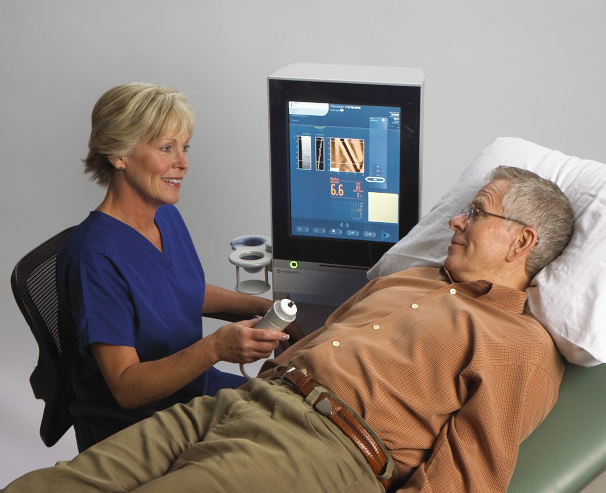
by Dr. Scumpia | Feb 25, 2021 | Heart, Hormones, Preventative Health
Endocrine disorders lead to an increased risk for heart attack and stroke

by Dr. Scumpia | May 26, 2020 | Preventative Health
It’s not a single disease, but a group of related health problems: too much belly fat, high triglycerides, cholesterol trouble, high blood pressure, and high blood sugar. When you have at least three of these issues, your chances for heart disease, diabetes, and stroke are higher than they’d be with any of those health problems on their own.

by Dr. Scumpia | Feb 11, 2020 | Hormones
What Is Testosterone and Why Does It Decline? Testosterone is a hormone. It’s what puts hair on a man’s chest. It’s the force behind his sex drive. During puberty, testosterone helps build a man’s muscles, deepens his voice, and boosts the size...

by Dr. Scumpia | Apr 30, 2019 | Thyroid, Uncategorized
For indeterminate Thyroid Nodules following fine needle aspiration, evidence of thick post-microcystic reflection on ultrasound was found to be associated with malignant nodules, according to study results presented at the American Association of Clinical...

by Dr. Scumpia | Oct 9, 2018 | Hormones
Most “T clinics” only test Total Testosterone and neglect to test for Free Testosterone.

by Dr. Scumpia | Oct 9, 2018 | Hormones
Control your hormones. Control your life
by Dr. Scumpia | May 9, 2018 | Preventative Health
PhysioAge is a next-generation physical exam that tells you how well you’re aging. You may be 50 years old, but your physiological age could be 60. Knowing your physiological age can determine your weakest body systems so you can take control of your aging process…

by Dr. Scumpia | May 9, 2018 | Inflammation
Inflammation Inside of you The word “inflammation” traces back to the Latin for “set afire.” In some conditions, like rheumatoid arthritis, you feel heat, pain, redness, and swelling. But in other cases — like heart disease, Alzheimer’s, and diabetes —...

by Dr. Scumpia | Jan 15, 2018 | Preventative Health
Visceral fat is technically excess intra-abdominal adipose tissue accumulation. In other words, it’s known as a “deep” fat that’s stored further underneath the skin than “subcutaneous” belly fat. It’s a form of gel-like fat that’s actually...

by Dr. Scumpia | Jan 2, 2018 | Liver
Fatty Liver, Now what? Dr. Scumpia says: A new tool called a Fibroscan can also tell you if the fatty liver has damaged the liver to the point when it becomes stiff (fibrosis). This also means that you might require a liver biopsy since the disease may be more...










Recent Comments